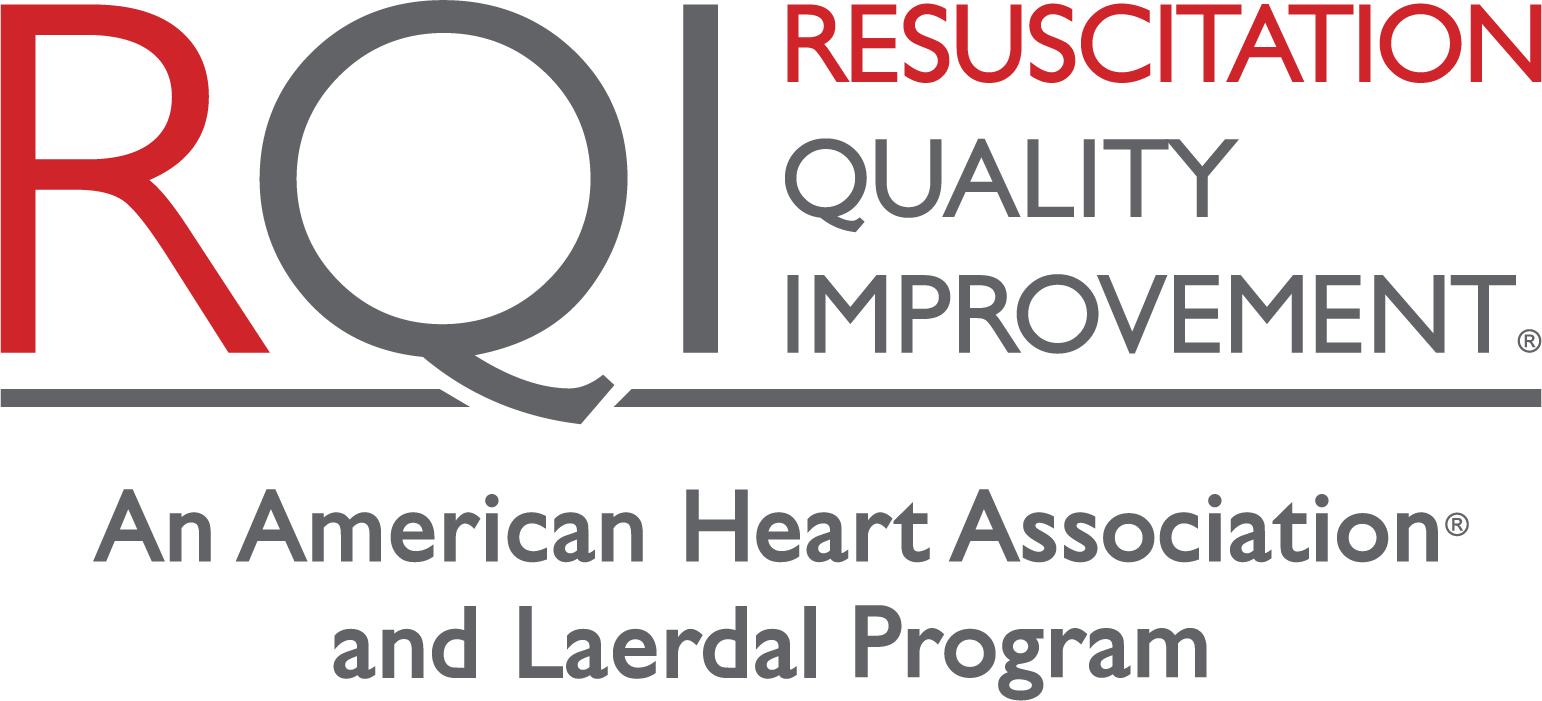Donoghue, A. et al. Resuscitation Plus. 2021
Importance of Conclusion
Evidence has shown that skills and knowledge in CPR begin to decay in months following courses such as Pediatric Advanced Life Support. Due to CPR events being infrequent in pediatric resuscitation and the success of CPR depending on psychomotor skills as well as knowledge, pediatric CPR education may be a particularly good fit with spaced practice. Over a 15 month period, RQI resulted in improved performance during training sessions for all skills and a significant association was found between number of RQI sessions and adherence to compression rate guideless during real pediatric patient events.
Key Points
- Pediatric providers enrolled in RQI had a statistically significant improvement of CPR skills between the first and last quarters of the 15 month period.
- Performance of infant compressions at the simulation station increased from 91.5% in Q1 to 95% in Q5 and infant ventilations from 82.9% in Q1 to 95.5% in Q5
- Performance of adult/child compressions at the simulation station increased from 84.3% in Q1 to 96.2% in Q5, and adult/child ventilations from 79.8% in Q1 to 95.3% in Q5
- A significant association was found between the number of prior RQI sessions and the percent of chest compressions meeting correct compression rate during the clinical event.
- Overall, 91.1% of emergency department compressions adhered to the GL Plus rate for compressions, with a median of 2 prior RQI sessions.
